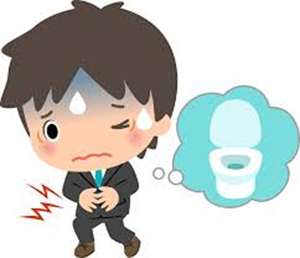Irritable Bowel Syndrome (IBS) is a chronic gastrointestinal disease. The exact cause of IBS is still unknown but is associated with a host of factors. IBS leads to numerous symptoms such as an irregularity in bowel movements, stomach pain and cramps, and bloating. A diagnosis of IBS is based on a period of at least six months with taking into account the frequency and severity of signs and symptoms over the course of 3 months. There are two types of IBS: IBS-D (IBS with diarrhea) and IBS-C (IBS with constipation). Treatment varies among patients but usually involves dietary adjustments, managing stress, and the use of over-the-counter or prescription-strength medications. Your doctor determines the most effective treatment plan based on your particular circumstances.

Medication
Medicine may be used in managing symptoms short-term, providing those suffering from IBS symptoms a modicum of relief. IBS is currently incurable, but there are various treatment options to address its symptoms. The selection of medications depends on specific symptoms as there are different medicines to treat different symptoms. The most important part of an IBS treatment plan is to adopt a healthy diet that is high in fiber content (if constipated) to prevent your symptoms from worsening.
Osmotic Laxatives
Osmotic laxatives such as milk of magnesia and nonabsorbable sugars such as lactulose can be used to fight constipation. Most medicines are available without a prescription and should be taken once in a while in case of severe constipation. Increasing the fiber content in your diet may help as well.
Diet
Patients are advised to drink plenty of water. This softens stool. The amount of soluble fiber intake can be moderated. A good diet consists of oats, peeled potatoes, linseeds, and fibrous vegetables such as yams and carrots. Visit a doctor if things are out of control despite diet restrictions.
Probiotics
Probiotics are live microorganisms which are introduced into the environment of the stomach. Live microorganisms similar to the ones in our digestive tract are used to combat IBS. Discuss the use of probiotics with your primary physician before taking probiotic supplements.
Antispasmodic Drugs
Hyoscyamine (Levsin) and dicyclomine (Bentyl) are common antispasmodic drugs. These drugs aid in constipation relief. They cure stomach cramps brought on by IBS by relaxing the smooth muscle of the gut.
Antidepressants
Antidepressants with desipramine in their formulation can be used in low doses to combat pain caused by IBS. They block the brain’s perception of pain in the gut which helps combat constipation.
Featured Image: Depositphotos/© mne_len



